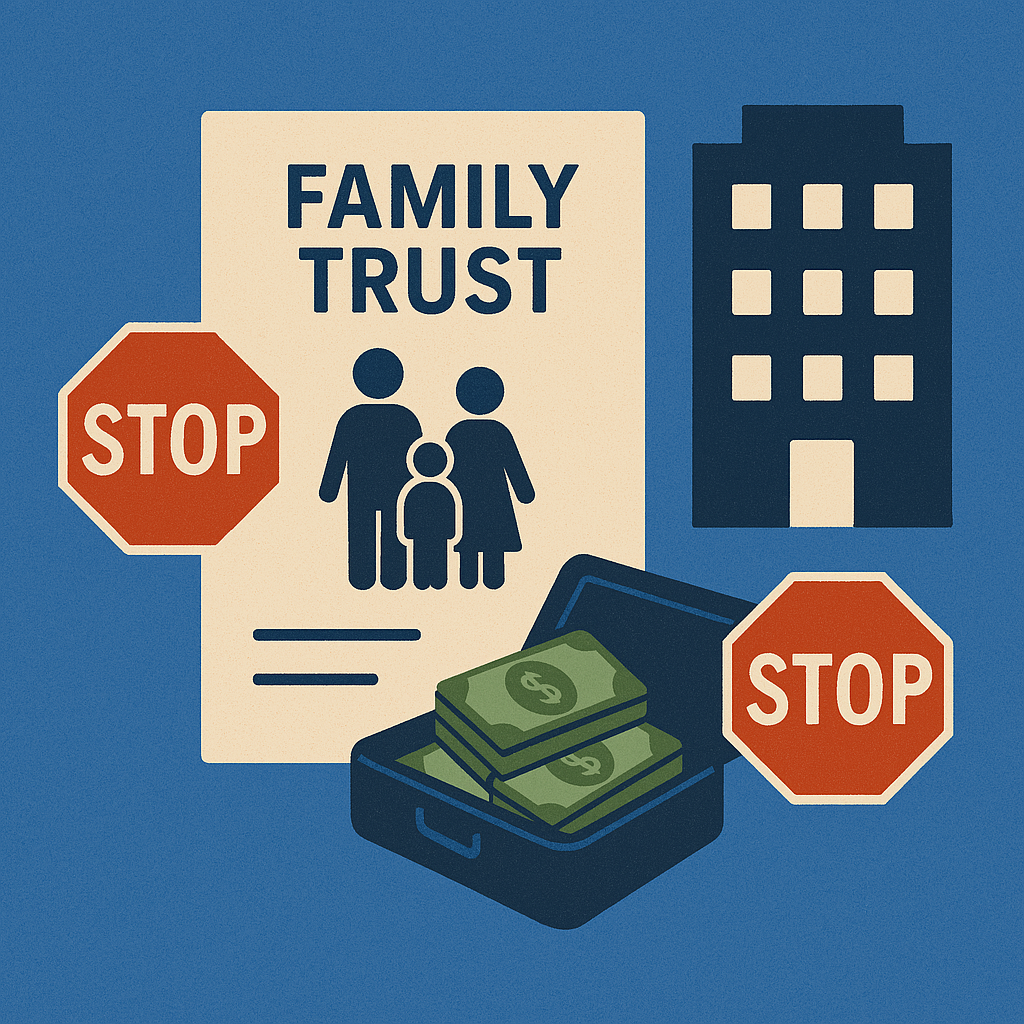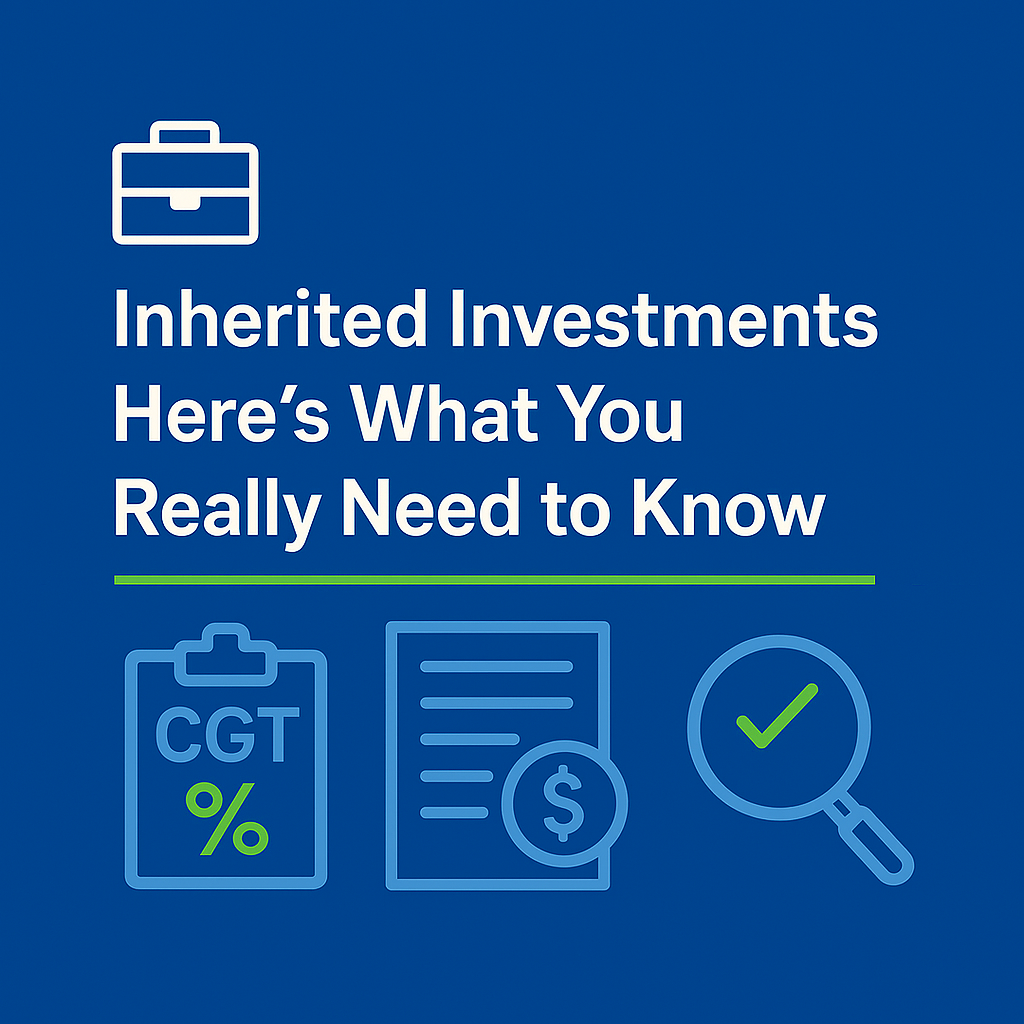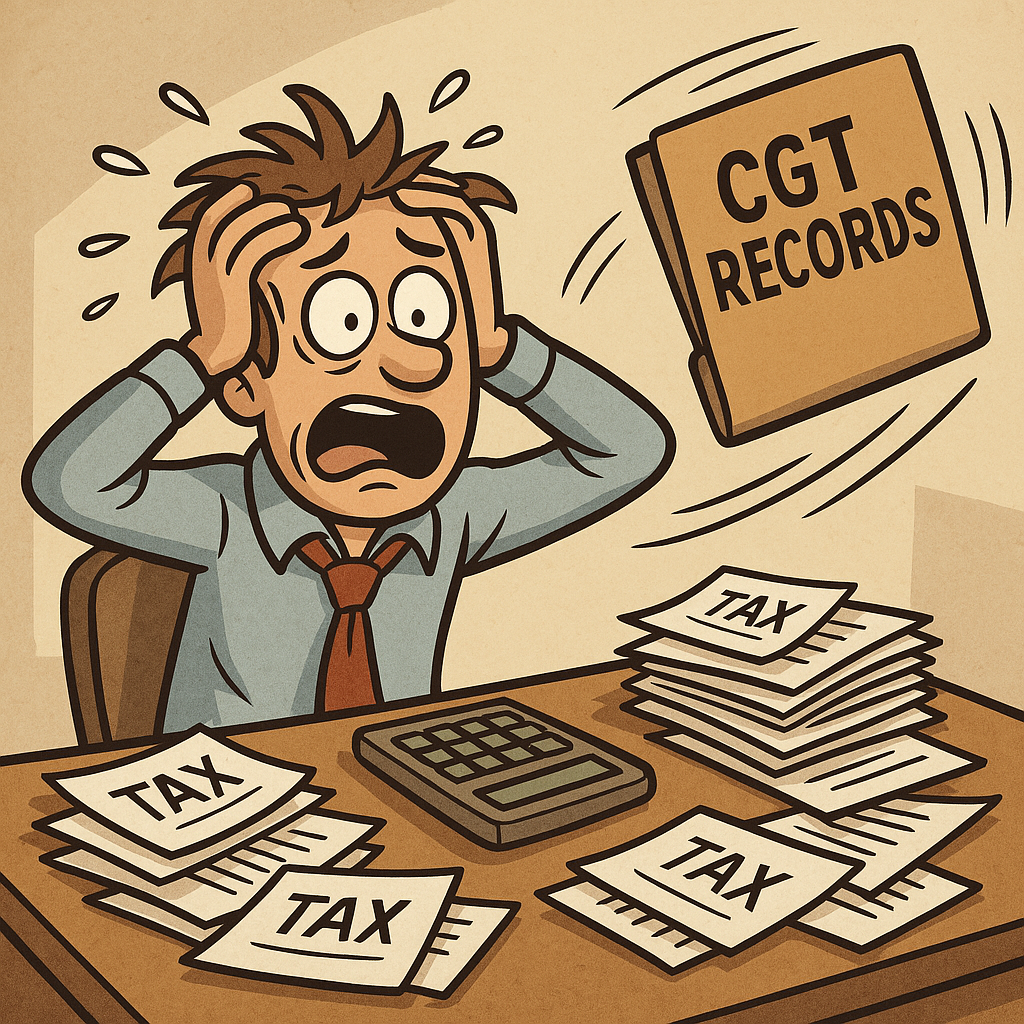Comparing SMSFs with other super funds
Rudd Mantell Accountants • January 24, 2025
While all superannuation funds have a shared goal to provide retirement benefits to their members, there are many differences between SMSFs and other superannuation funds
If you’re thinking about setting up an SMSF, it’s worthwhile comparing SMSFs with other funds before making your decision. Here, we highlight the main differences between SMSFs and other funds.
| SMSFs | Other super funds | |
|---|---|---|
| Members and trustees | SMSFs can consist of up to six members, and all of them must act as either individual trustees or directors of a corporate trustee. This ensures that all members are actively involved in managing the fund. | There is usually no cap on the number of members, and professional, licensed trustees are tasked with managing the fund. |
| Responsibility | Trustees are expected to have knowledge of tax and super laws and must make sure their fund complies with those laws. The risk of non-compliance is borne by the SMSF trustees or the corporate trustee directors, who can be personally fined if their fund breaches the law. | The compliance responsibility lies with the professional licensed trustee. |
| Investments | Trustees create and implement the fund's investment strategy and make all the decisions regarding investments. | While most funds offer some control over the type and risk profile of investments, members generally cannot select specific assets in which their super is invested. |
| Insurance | Trustees are required to consider whether to provide insurance for the fund's members. Note that insurance premiums may be higher than in other super funds. | Insurance cover is typically provided to members at a lower cost, as large funds can secure discounted premiums. |
| Regulation | SMSFs are regulated by the ATO and trustees are required to engage with the ATO to manage their fund. | These funds are regulated by the Australian Prudential Regulation Authority (APRA), with little to no direct member interaction required. |
| Complaints/disputes | The ATO does not handle internal disputes among SMSF members. Disagreements must be settled through alternative dispute resolution methods or in court, at the members' expense, and there is no government-backed compensation scheme. | Members can lodge complaints with the Australian Financial Complaints Authority (AFCA) and may qualify for statutory compensation. |
| Fraudulent conduct or theft | SMSFs do not receive government financial assistance if there is fraud or theft. Legal action may be possible under Corporations Law, but compensation is not guaranteed. Be cautious about sharing personal details. And if you are approached by a financial adviser, ensure they are listed with ASIC. | Members of other funds may be eligible for government assistance in cases of fraud or theft. |

You may have read about a recent court decision affecting some family trusts. In a case called Bendel, published on 19 February 2025, the Full Federal Court unanimously held that the private company beneficiary of a discretionary trust has not made a “loan” or “financial accommodation” to the trust merely by not calling for the payment of its trust distribution.

Did you know that if you own an asset (eg, land or a factory or even a trademark) that someone else uses in carrying on a small business then you might be entitled to the CGT small business concessions when you sell the asset? And these concessions can either entirely or partially eliminate any capital gain you make on selling it (or at least defer it).

Superannuation is often seen as untouchable savings for retirement, but did you know it can also be a lifeline during financial difficulty? While super is designed for retirement, there are rules to allow it to provide financial support in several situations. Let’s explore these rules and how super might offer relief in times of crisis.








